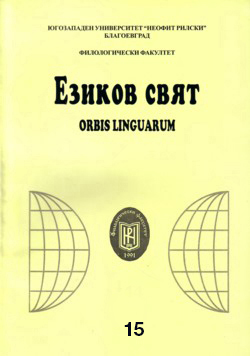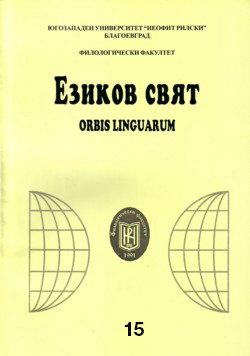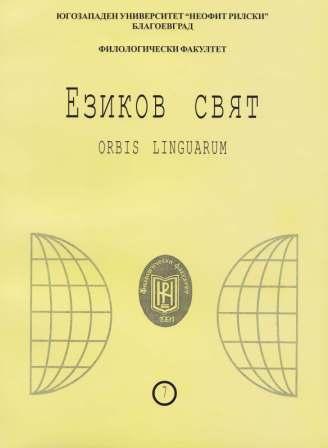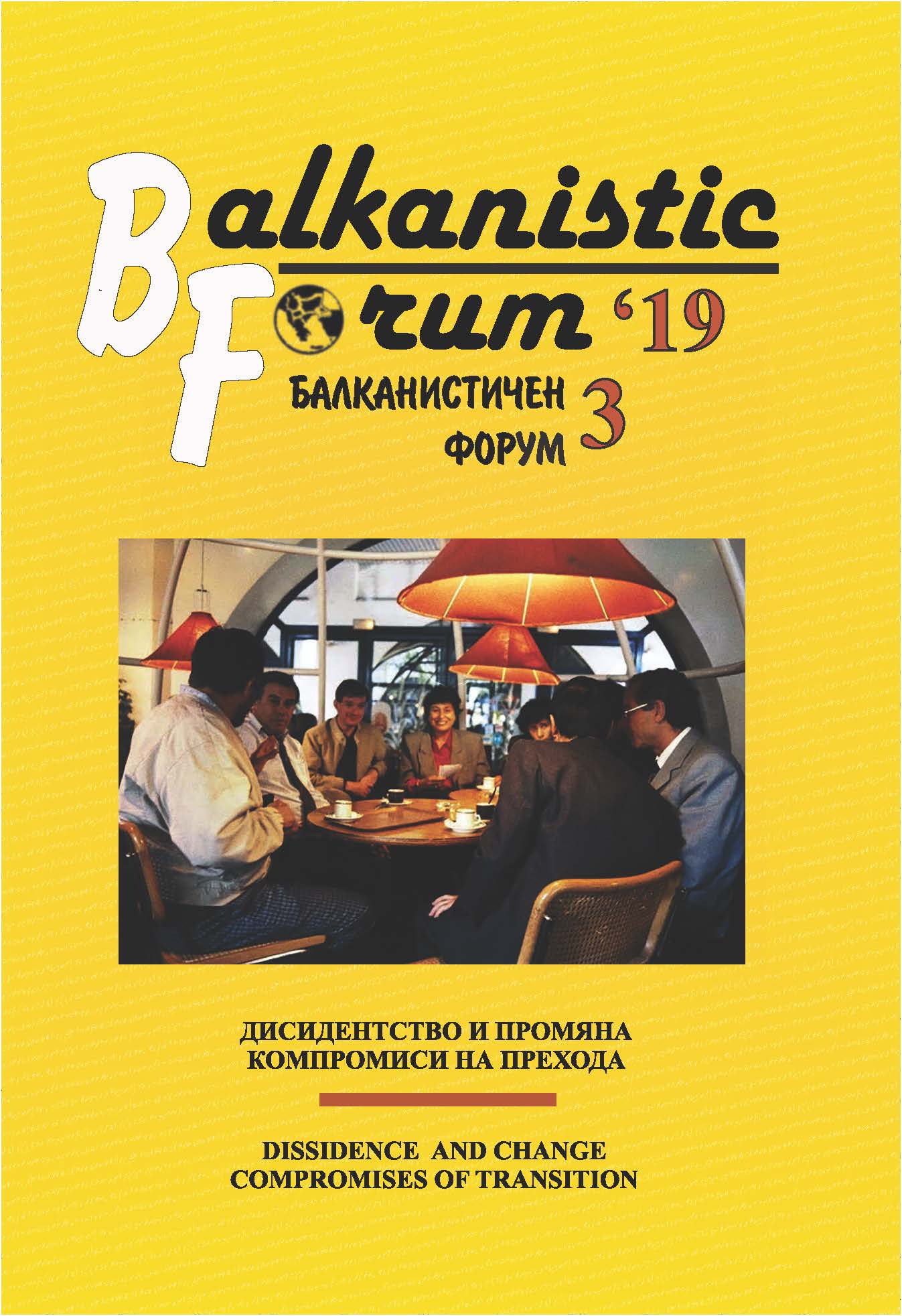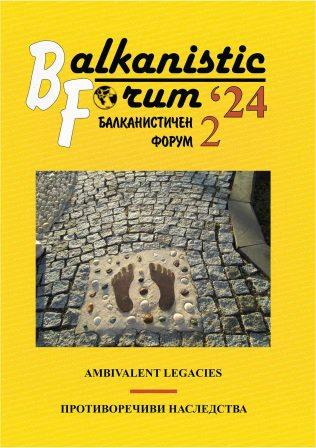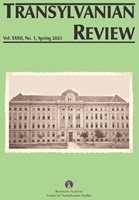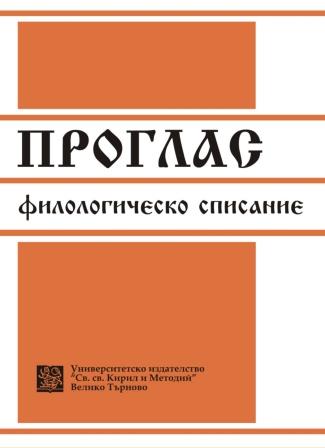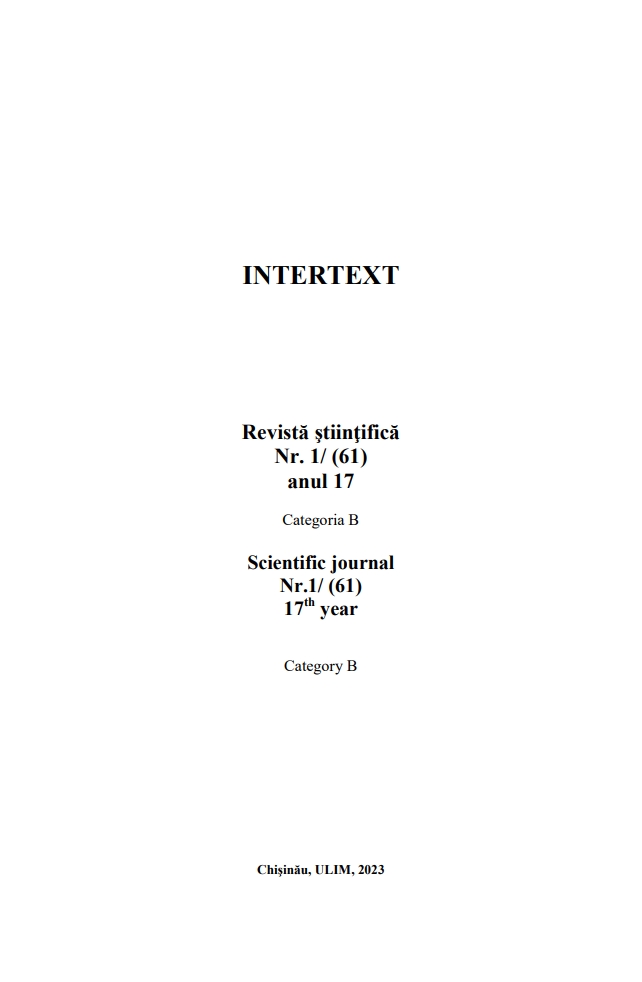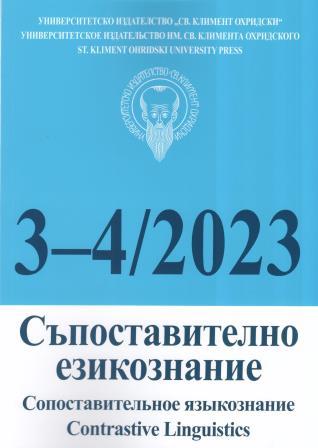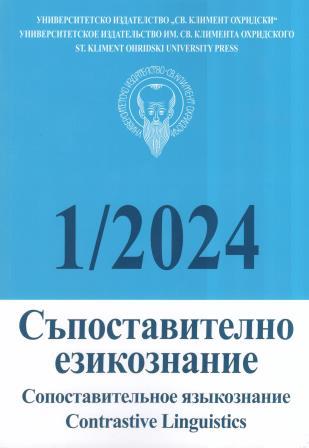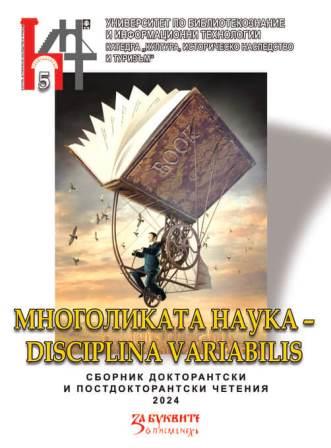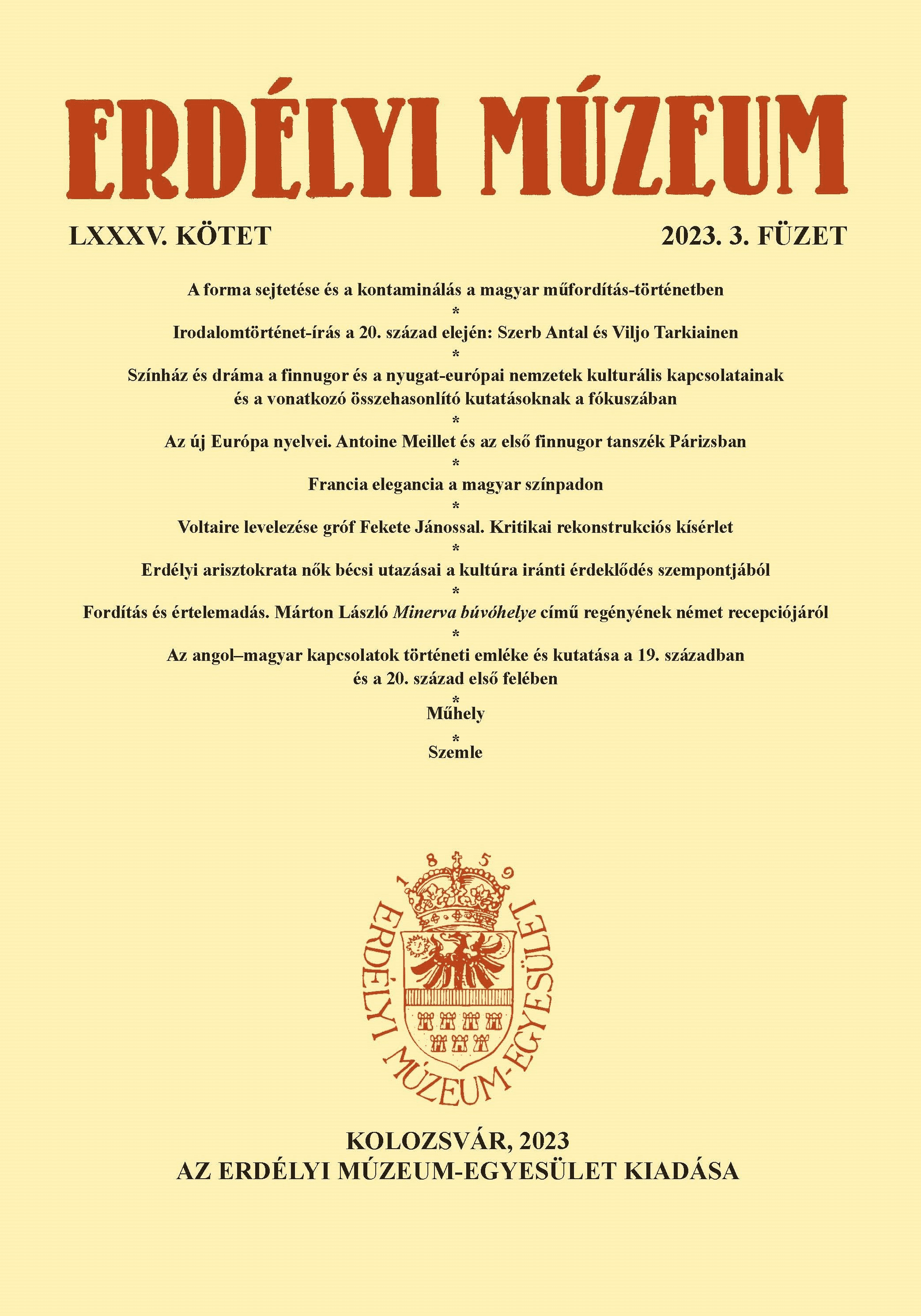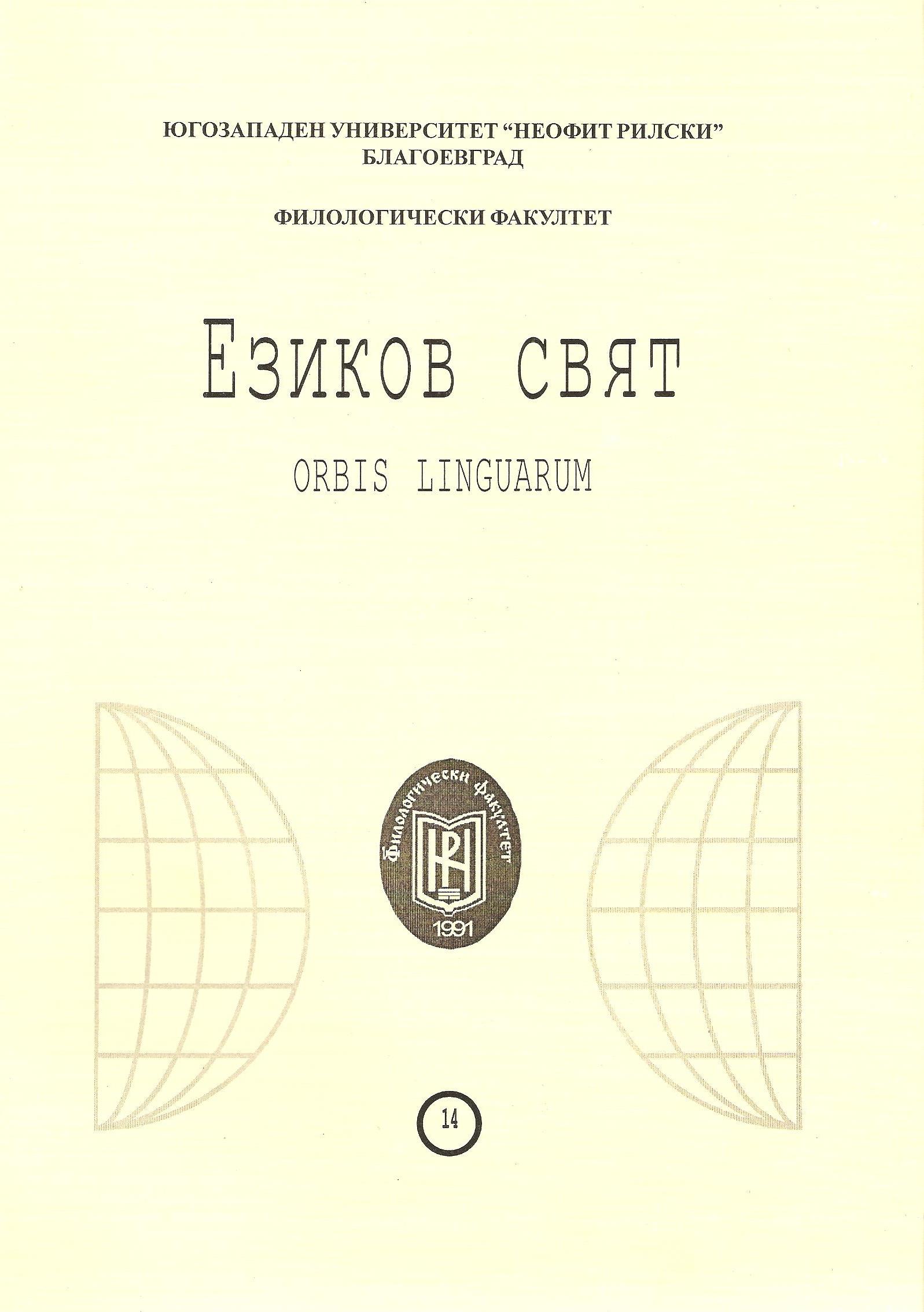
ЗАГУБА НА КУЛТУРНИ СТОЙНОСТИ ПРИ ПРЕВОД НА ДОКУМЕНТИ
In today's increasingly globalized world, the translation of documents of various types and significance has become an increasingly important phenomenon. The exact translation entails applying not only very good linguistic knowledge on the part of the translator, but also very good knowledge of (linguistic) culture of both countries. The “tailoring” of the translated text to the cultural characteristics of the recipient is becoming an even more urgent task of the translator. The present paper is an attempt to explain the (non-)use of different language versions in the process of cultural and linguistic adaptation in translating documents in the process of students training.
More...
